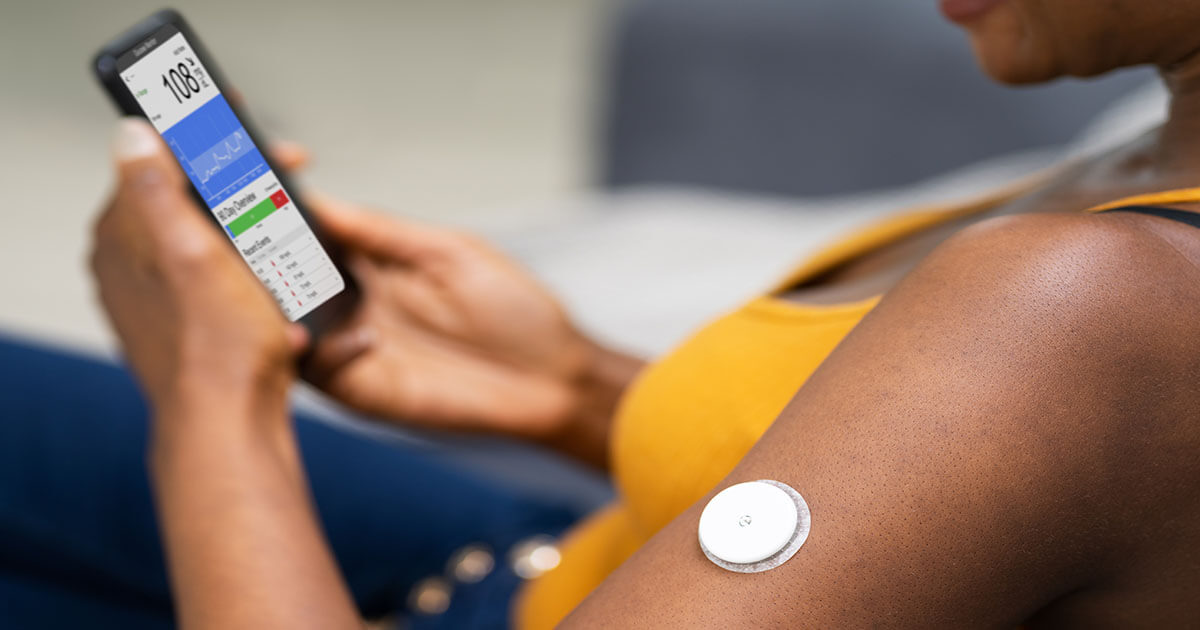DEPICTED
The DEPICTED study sought to develop and evaluate a healthcare communication training programme (Gregory et al, 2011). Healthcare professionals working in 26 paediatric diabetes services underwent training, and the effect was measured in 693 children aged 4–15 years and their families after 1 year. Trained staff showed improved consultation skills, but these waned from 4–12 months; there was no affect on HbA1c levels in the children, although the parents felt better placed to support their offspring. Further modification of training is needed.
FACTS
FACTS examined a family-centred, structured education programme for children and young people with type 1 diabetes, delivered four times either in year 1 or in year 2 (Murphy et al, 2007). Results showed no difference in HbA1c or parental responsibility; however, during 12 months’ follow-up, families who attended at least two sessions reported increased parental involvement and a fall in HbA1c by 0.29 percentage points.
CHOICE
The CHOICE programme for children and young people with diabetes and their families delivers group education on practical aspects of diabetes management, such as blood glucose monitoring, carbohydrate counting, insulin adjustment and sick-day rules (Chaney et al, 2011). It is delivered by a diabetes specialist nurse and diabetes specialist dietitian within local hospitals.
CASCADE
The CASCADE trial aims to evaluate the cost-effectiveness and delivery of a structured psycho-educational programme (Christie et al, 2009). In total, 572 children and young people with diabetes across 26 clinics will be randomly assigned to usual care (control) or intervention, where the programme will be delivered to the families in four group sessions over 4 months; primary outcomes will be changes in HbA1c from baseline, 1 year and 2 years.
DECIDE
DECIDE is a randomised controlled trial that aims to recruit 240 young people aged 0–17 years with newly diagnosed type 1 diabetes and to randomly assign them to either hospital or home management to assess the effect on glycaemic control (Townson et al, 2011). Data will be collected for 2 years, and the primary outcome is HbA1c.
KICk-OFF
The KICk-OFF study is a randomised controlled trial based on carbohydrate counting and insulin dose adjustment using a multiple daily injection regimen (Knowles et al, 2012). It involves 480 young people with diabetes aged 11–16 years, and results are due in 2013. Independent educational review and feedback from participants and parents are very positive.
SCIPI
The SCIPI trial objective is to compare the effectiveness of subcutaneous insulin delivery by pump or injections in young people aged 0–15 years with newly diagnosed diabetes (Blair, 2012). Outcome measures will include glycaemic control, adverse events and quality of life.
EPIC
The EPIC project has developed a range of child-centred diabetes information resources to support the development of self-management in this group (Noyes et al, 2010). A randomised controlled trial has been developed to evaluate the information resources in routine practice. The aim of the intervention is to improve young people’s self-efficacy in managing their type 1 diabetes.





NHSEI National Clinical Lead for Diabetes in Children and Young People, Fulya Mehta, outlines the areas of focus for improving paediatric diabetes care.
16 Nov 2022